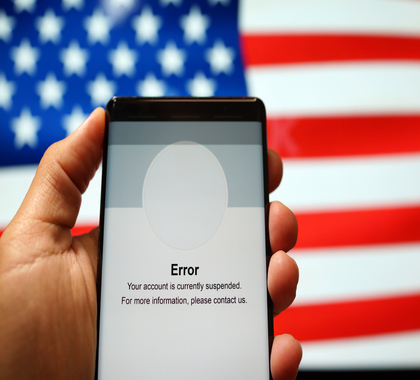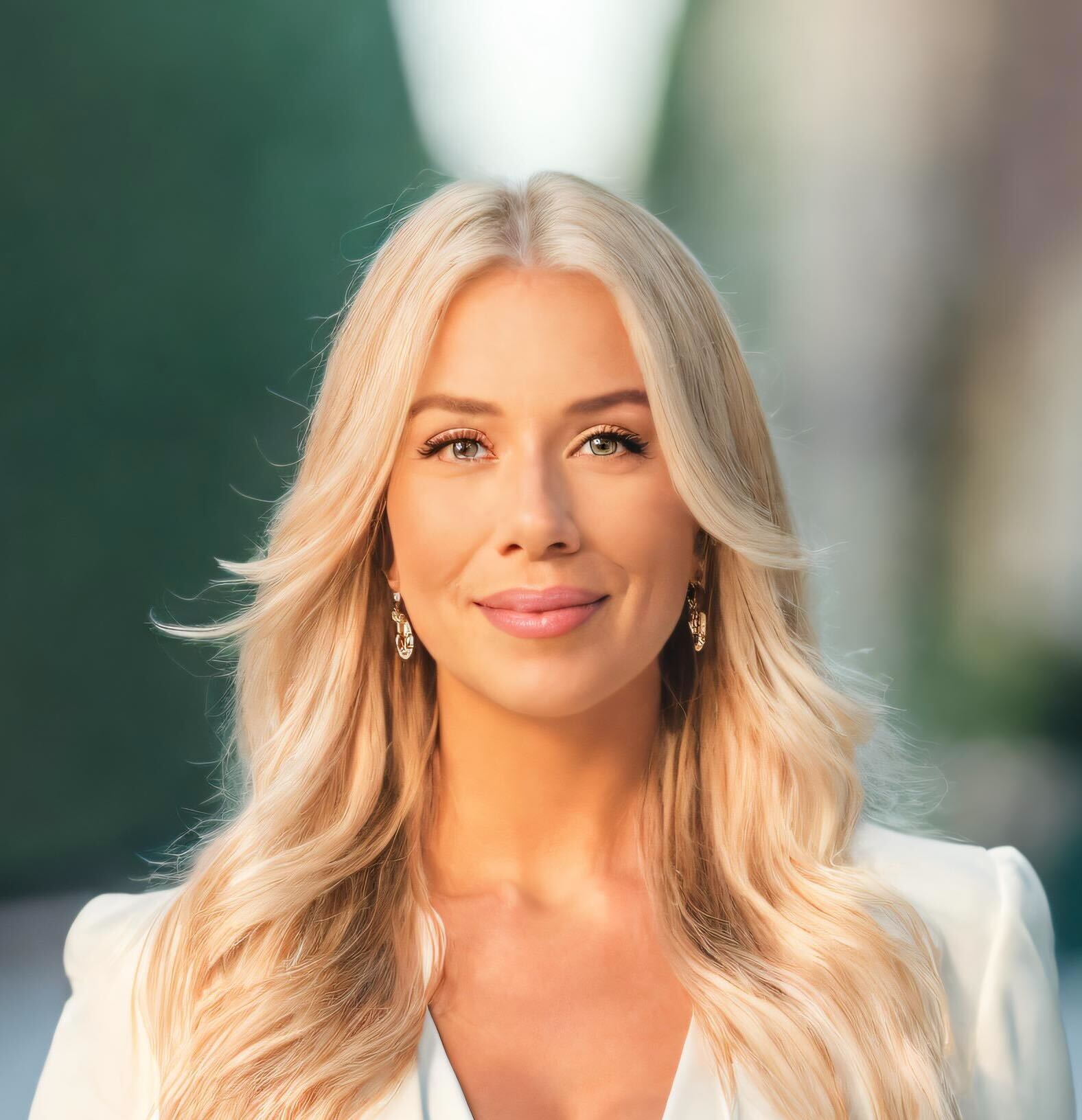Protections Against Big Tech Censorship Are Integral in Alabama’s Next Legislative Session
Legislation that would protect Alabamans’ free speech on social media platforms is an integral and timely policy goal that should be considered in 2025. States around the nation have introduced legislation with the same objective in mind since the peak of blatant censorship throughout the COVID-19 pandemic. These various bills have manifested in myriad ways, some more successful than others. However, recent developments on the national stage have helped pave the way for successful state legislative approaches, such as recent decisions from the U.S. Supreme Court and revelations about blatantly partisan and politically motivated censorship from social media companies.
Texas and Florida legislators successfully passed online free speech bills into law that created state-based repercussions when social media platforms engage in censorship based on viewpoint discrimination. However, Big Tech lobbyists sued to stop the new laws, leading to a multi-year legal battle that ultimately was argued before the Supreme Court.
The Supreme Court ruled to return both cases back to the lower courts, noting that the social media companies failed to provide sufficient evidence for the facial challenge that they brought before the Court. Ultimately, the Court signaled that no part of either law was unconstitutional, as Big Tech lobbyists had been asserting for years.
These SCOTUS rulings leave room for the Texas and Florida laws—as well as potential legislation in Alabama—to affirm online free speech and the First Amendment protections granted to all Americans.
Further, Big Tech censorship has been explicitly corroborated by the release of the Twitter Files as well as Zuckerberg’s August 2024 letter to Rep. Jim Jordan (R-OH), chairman of the House Judiciary Committee.
According to the letter, senior officials from the Biden administration repeatedly pressured Zuckerberg and his employees at Meta to censor certain content related to COVID-19. Zuckerberg also admitted to censoring the Hunter Biden laptop story ahead of the 2020 election due to government pressure.
The Murthy v. Missouri litigation and the House Judiciary Committee’s online censorship investigation have produced documents that substantiate Zuckerberg’s claims, from Meta’s initial resistance to censorship demands from Biden administration officials, to the eventual caving and politically driven censorship.
Zuckerberg’s admission directly parallels what was learned from the release of the Twitter Files, which also showcased the government’s involvement in coercing the removal of COVID-19 “misinformation” on Twitter. Further, these files revealed that the FBI worked in tandem with Twitter to promulgate certain narratives, including the suppression of Hunter Biden’s laptop story in the days leading up to the 2020 election.
Aside from the clear utilization of these social media platforms for political purposes—including election interference—these stories emphasize the hypocrisy of social media platforms and their claims of simply being bulletin boards or conduits for user speech, with no editorial component.
This claim insulates these social media platforms from liability under Section 230 of the 1996 Communications Decency Act. Though, it is very clear that these platforms do indeed operate in an editorial capacity based on their censorship regimes.
Alabama Attorney General Steve Marshall established a “Social Media Censorship Complaint Form” in 2021, in tandem with former Louisiana Attorney General Jeff Landry. This initiative aimed to addressing censorship on social media platforms and encouraged the public to file a formal complaint if they had been censored online.
Attorney General Marshall said in his related statement that the complaints filed by Alabama constituents would help provide the office with important information to fight for Alabamans’ rights to free speech.
However, the links to the forms on the Alabama attorney general’s website are no longer functioning, and searching for the “Social Media Censorship Complaint Form” yields zero results.
Though the initial move from Attorney General Marshall was undoubtedly a move in the right direction, it seems this action requires an update.
A more practical and lasting approach to this ongoing problem would be to codify free speech protections on social media platforms into law.
One of the most successful legislative approaches to combating social media censorship has been Texas House Bill 20, which classifies social media platforms as common carriers, as previously suggested by Justice Clarence Thomas. Specifically, the bill stipulates that social media platforms function as common carriers, are affected with a public interest, and with their large number of users are common carriers by virtue of their market dominance. Upon notification of any potential violation, the Texas attorney general is empowered to take legal action against a social media platform.
Other states have taken up other legislative approaches, including the Sooner State. Oklahoma Senate Bill 1996 proposed social media protection bills that provide constituents a route to establish a private cause of action in their courts against social media platforms if they have been de-platformed for expressing nonviolent political or religious opinions. A successful right of action could result in as much as $75,000 in statutory damages.
This figure is paramount when it comes to subject matter jurisdiction. Most Americans do not live in a state in which Big Tech companies are headquartered. By allowing constituents to seek statutory damages totaling $75,000, residents would be eligible to file suit in federal court, where $75,000 is the minimum threshold for a diversity of citizenship case.
Arizona is attempting to protect candidates for political office on social media platforms with Arizona Senate Bill 1124. The bill stipulates that a social media website shall not de-platform a candidate who is known by the social media platform to be a candidate, beginning on the date of the candidate’s qualification and ending on the date of the election or the date that the candidate ceases to be a candidate.
Furthermore, the bill specifies that social media platforms shall publish the standards, including detailed definitions, that they use to determine the scope of their censorship operations.
If social media companies do not act in accordance with these conditions, they may incur a penalty of $250,000 per day for a violation affecting a candidate for statewide office and $25,000 per day for a violation affecting a candidate for other offices. These violations and penalties would be enforced by the Arizona Secretary of State.
New Jersey has proposed created the New Jersey Consumer Fraud Act to protect constituents who have been de-platformed for expressing nonviolent opinions. New Jersey Senate Bill 1336 would allow citizens to pursue a private right of action in court if they can prove they have been de-platformed for expressing nonviolent opinions.
The bill would classify censorship as an unlawful practice and a violation of the New Jersey Consumer Fraud Act if social media companies fail to comply with certain requirements. Those requirements include publishing their standards, including detailed definitions they use for determining how to censor or suspend content or users, applying censorship in a consistent manner among its users on the platform, notifying users about any changes to user rules, refraining from censoring a user’s content without providing notification to the user, among other stipulations including protecting candidates for office from censorship and post prioritization and throttling.
Under SB 1336, a successful private right of action brought by a social media website user could result in as much as $100,000 in statutory damages.
The various policy approaches listed above have the potential to be tailored to suit the state-specific needs of Alabama. Establishing necessary free speech protections for Alabamans is vital, as it is undeniable that social media platforms have become the modern day “town square.” They provide one of the largest means of communication between people, businesses, and all levels of government. Though these platforms have empowered people across the political spectrum, they have also given great power to those who seek to divide, misinform, and manipulate the public.
The following document provides more information about Big Tech censorship principles.
Six Principles for State Legislators Seeking to Protect Free Speech on Social Media Platforms
James Taylor, president of The Heartland Institute, writes six principles to protect free speech from social media censorship. Political free speech in the United States is under attack. Tech media giants who own and control virtually all social media platforms available to Americans are working together to silence groups with whom they do not agree.
Pew Research Center: Most Americans Think Social Media Sites Censor Political Viewpoints
The Pew Research Center studied the role of technology and technology companies in Americans’ lives. This study was conducted to understand Americans’ views about the role of major technology companies in the political landscape. Majorities in both major parties believe censorship is likely occurring.
The Cato Institute surveyed 2,000 Americans regarding social media companies’ use of censorship and contact moderation. The survey finds that 75 percent of Americans do not trust social media companies to make a fair content moderation decisions and would prefer that social media companies provide users with greater choice and control over their content.
The Yale Journal on Regulation takes up the Supreme Court case between Texas House Bill 20 and NetChoice—the lobbying group for online social media platforms. Brendan Carr and Nathan Simington contend that NetChoice’s argument of unconstitutionality against the Texas bill conflicts severely with Supreme Court First Amendment precedence.
The “Twitter Files” are a series of leaked internal documents from Twitter, Inc. These files were published from December 2022 through March 2023 on the platform by investigative journalists. These files revealed collusion between Twitter and the federal government to censor selected content and control the narrative.
Heartland Impact can send an expert to your state to testify or brief your caucus; host an event in your state; or send you further information on a topic. Please don’t hesitate to contact us if we can be of assistance! If you have any questions or comments, contact Cameron Sholty, at csholty@heartlandimpact.org or 312/377-4000.


